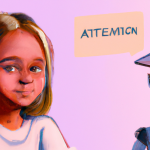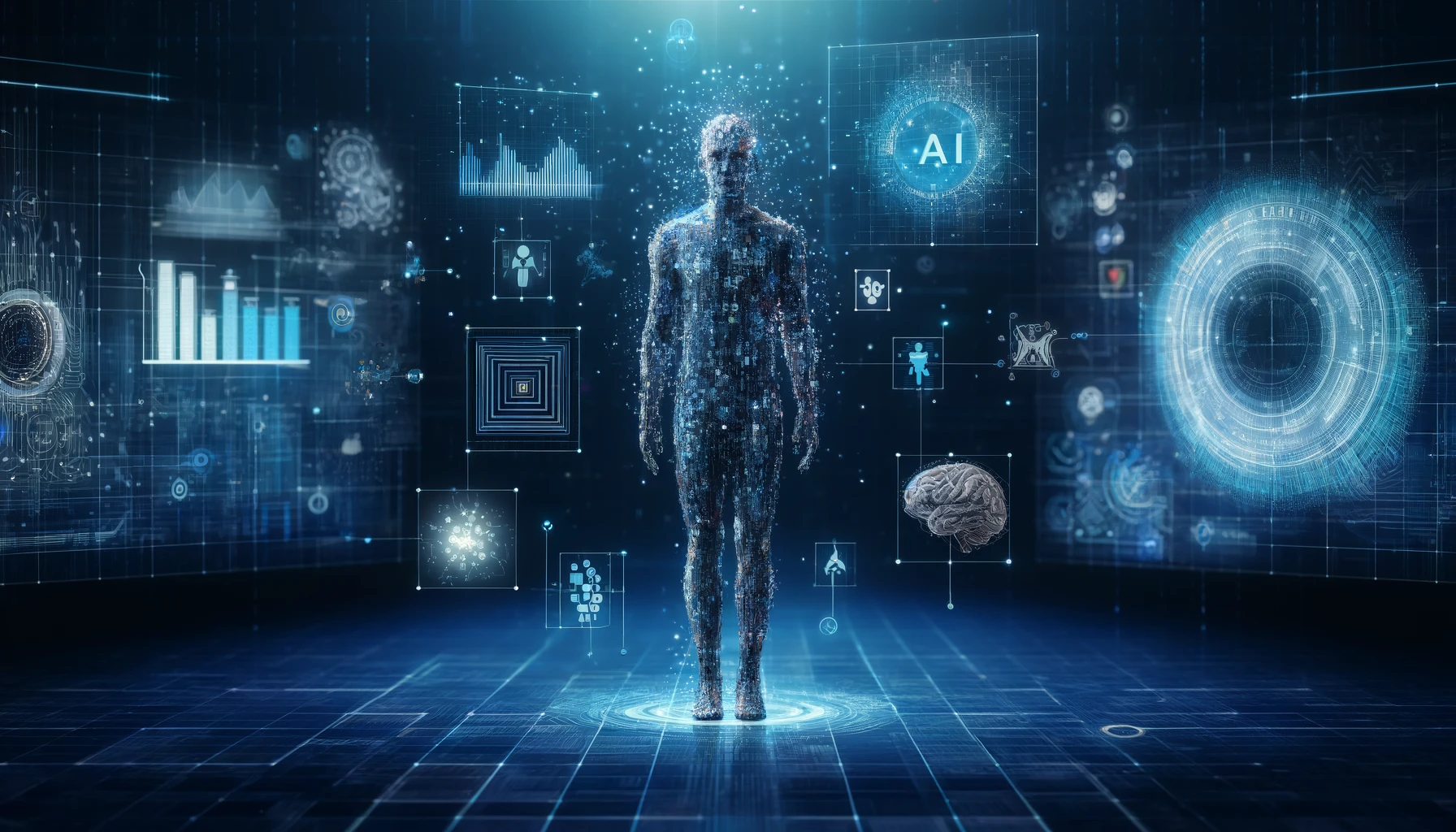ChatGPT in Education: A Blessing or a Curse?3 min read
Reading Time: 3 minutesReading Time: 3 minutesUp until recently, there were varying opinions about the acceptability of using AI in education. There are concerns regarding the quality and depth of information ChatGPT provides, as well as privacy concerns. There are also suspicions of potential bias as AI models are known to repeat and intensify biases in the material they are trained on. Ethical concerns of that kind however are all inherently technological issues that can potentially be resolved in years if not months if needed. Potentially replacing teachers with robots and depriving students of human interaction may also sound scary, but didn’t we say the same about computers and the Internet a couple decades ago?
Finally, there is also a fear, very much rooted in facts, that students will use AI for cheating and/or rely on the technology so much, they cannot operate without it. Once again, despite the apparent novelty of this issue, it is no different from using the internet or just a computer, or before that, a calculator. Clearly, any task that is designed to be solved without the use of technology becomes simple and potentially pointless if technology is freely accessible. At the same time, in any field of knowledge at a certain level, a specialist inevitably moves from independent arithmetic calculations to operating increasingly complicated tech. You don’t need to be a math genius to operate a computer, but you don’t want a surgeon to panic during an operation if the internet connection is interrupted. Therefore, students are ultimately expected to have the ability to solve educational tasks both independently and with the help of at least some technology.
The fear of widespread ChatGPT-based cheating is also effectively no different from the threat of students using the help of other people, which is probably as old as teaching itself. With remote learning, the risk of student cheating increased even further. Yet there are still multiple ways to control this behavior ranging from handwritten answers during closed books in-person exams to establishing highly controlled remote environments when students’ web cameras stay on all the time of the test and they have to remain visible. Moreover, there have already appeared multiple solutions to identify AI-generated texts including the most popular so far ZeroGPT by a Princeton student.
So, it seems that AI is not the problem, while our outdated teaching methods and technologies may be. Classroom instruction will have to become more engaging. Homework assignments will need to focus on the formative, rather than assessment components. And assessments would have to focus not just on problem solving, but on defining problems and asking questions, and on collaborative decision making with other humans and machines.
The good news is that while ChatGPT can indeed create some challenges, it also creates a plethora of opportunities for instructors. For starters, ChatGPT has already proved itself as an excellent mentor, being able to answer most basic science questions and, more importantly, explain problem solutions. Who hasn’t dreamt about an infinitely patient personal tutor capable of understanding natural language and available 24/7? Or, let’s ask it the other way: who hasn’t dreamt of having an excellent personal teaching assistant for each of the students in their class? If that doesn’t sound lucrative enough, imagine a teaching assistant instantaneously checking all tests and homework assignments? It can also verify the amount of student’s individual input vs. the work of AI saying exactly what student input was and how it measures across the class. A fair grader is something humans could never have been able to achieve according to Kahneman, what if we can finally have a machine one?
Various opportunities the AI creates will change teaching and learning to the extent that we could have never imagined until this day. Now it is up to the teachers to show their creativity and ingenuity in using AI in education.




